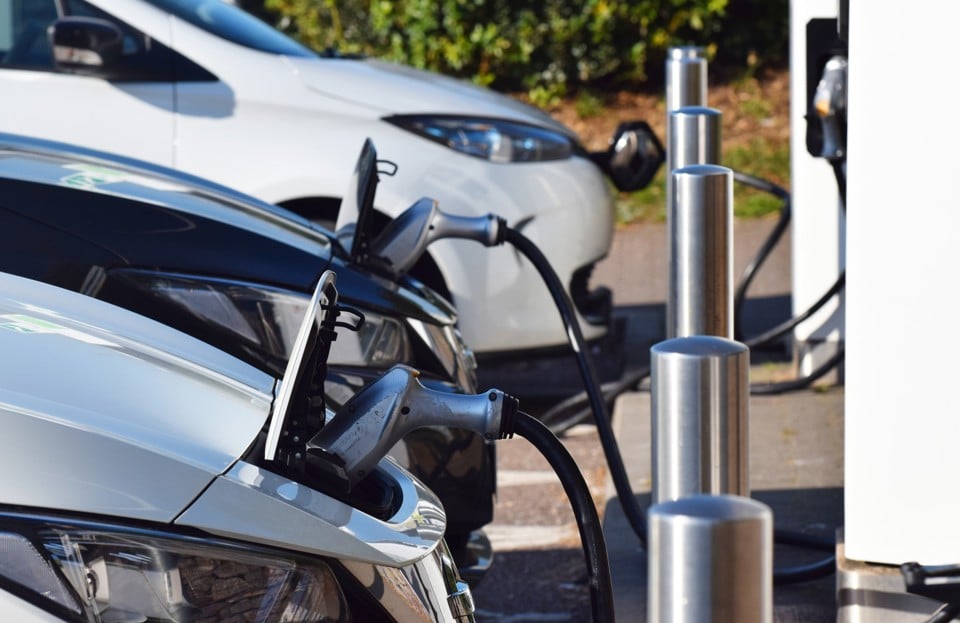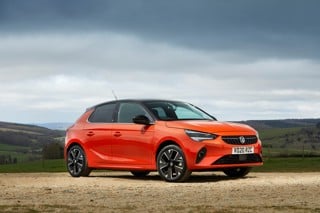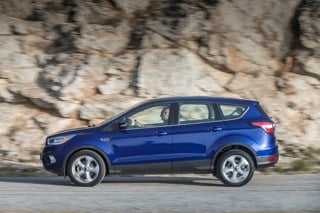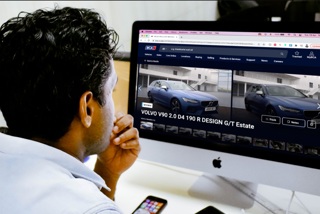Electric vehicle (EV) charge points will be pre-programmed to switch off for nine hours each day as part of efforts to ease pressure on the National Grid as more motorists make the switch.
Under regulations lodged with the World Trade Organisation, new chargers in the home and workplace will not operate between 8am to 11am and 4pm to 10pm.
A ‘randomised delay’ of up to 30 minutes, when there is high demand from motorists, The Times newspaper has reported
AM understands that owners will be able to override the preset times to take account of night workers and people who have different schedules.
Public chargers and rapid chargers, on motorways and A-roads, will be exempt.
Tanya Sinclair, policy director for UK and Ireland at ChargePoint, said: “Concerns surrounding the UK’s grid to support the charging of electric vehicles is mounting.
“The challenge for the Government, and perhaps the wider electricity system, is ensuring the ‘smartness’ in every charger is actively used by consumers, and managing the load represented by the legacy charging infrastructure already in the field which is not smart.”
Today’s Daily Mail reported that EVs have been forecast to create extra 18GW demand for power in UK at peak times by 2050, according to the National Grid – the equivalent of six Hinkley Point nuclear power stations.
The National Grid has estimated that 80% of EV drivers will use smart charging by 2050, however, helping to balance almost half of the UK's EV energy demands.
It said that around 45% of homes will actively help to balance the grid, offering up to 38GW of flexible electricity to help manage peaks and fill troughs in demand.
Last month AM reported that a group of 13 MPs and Lord Lilley had condemned the Government’s plan to end the sale of new petrol and diesel cars and vans by 2030.
They were endorsing a new report from the All-Party Parliamentary Group (APPG), which suggested seven alternative ways to lower emissions.
APPG chair Craig Mackinlay MP said the Government lacks the courage to stand up to “climate fanatics”.
He said: “It is imperative we bring the majority of the electorate along with us in the changes being demanded of them. Not using a ton of un-consulted millstones.
“It must be through consultation and consensus and a rational debate about the cost and alternatives. That will mean compromises on all sides of the green agenda. Above all, using common sense and practical, achievable solutions.”



















Login to comment
Comments
No comments have been made yet.